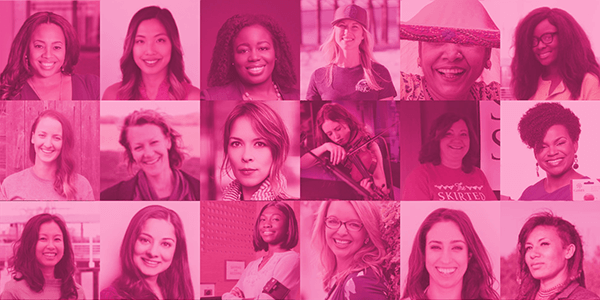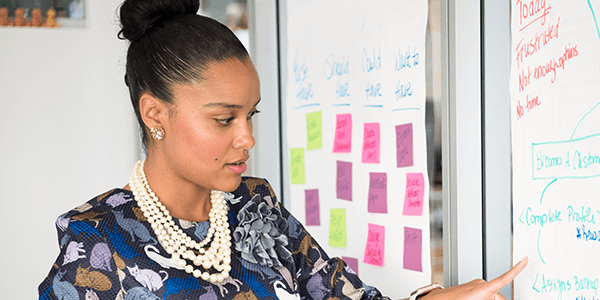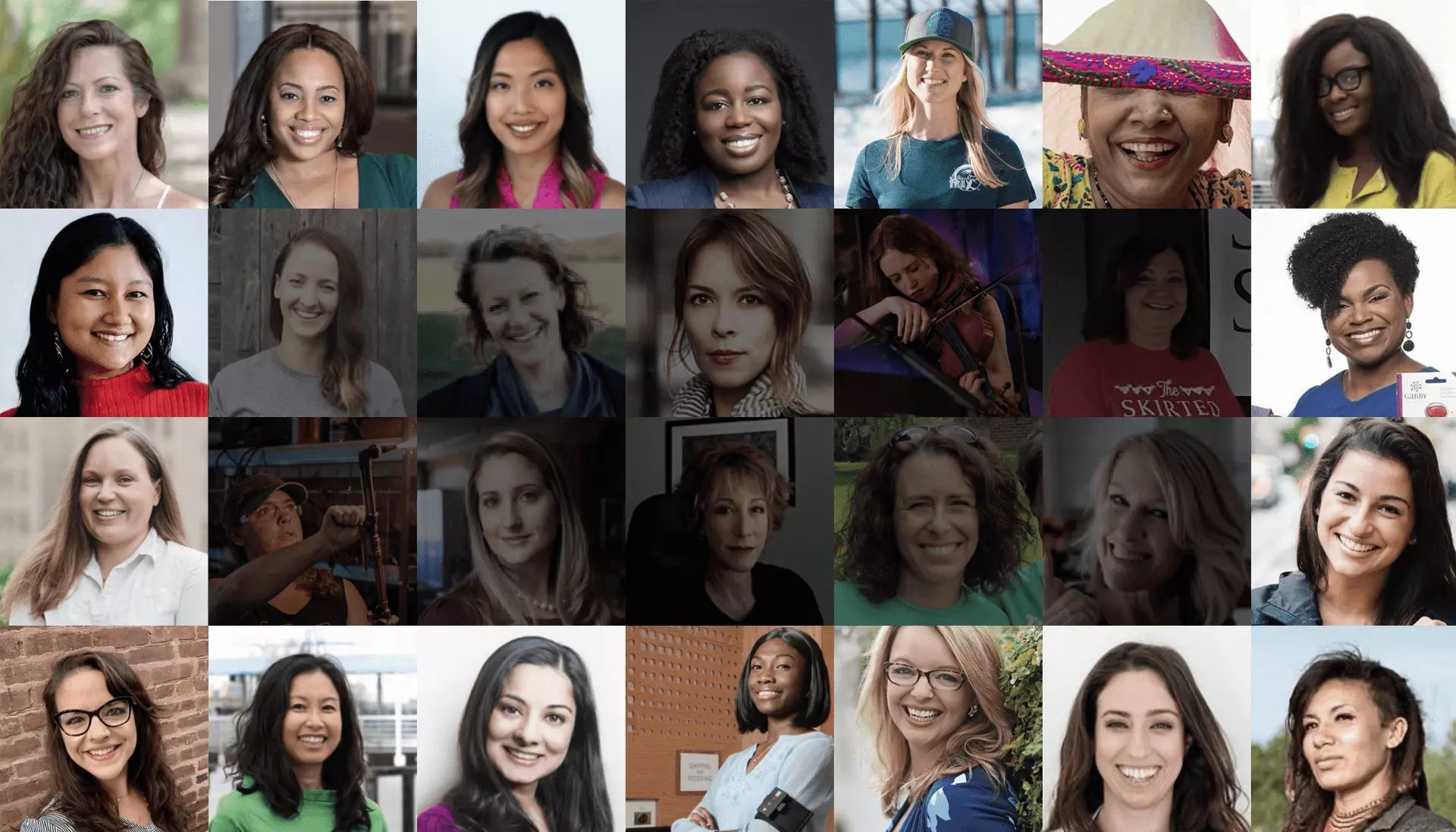

July 20, 2025
June 2025 Amber Grant Awarded to The Good Food CFO

The Good Food CFO
Woman Entrepreneur:
Sarah Delevan
Her Website:
https://www.thegoodfoodcfo.com/
Video Transcript
Sarah, The Good Food CFO, Amber Grant Winner
Jama: Hi everyone, this is Jama with WomensNet. We are so excited to talk with our winners from June who are doing amazing things. We have with us Sarah, founder of the Good Food CFO. We do get a large number of applicants that are in some way involved in the food industry- so we think that you’re going to find this helpful and amazing! Can you tell us in one or two sentences what the The Good Food CFO is all about?
Sarah: About changing our food industry for the better. So much of our food system is owned by a few conglomerates. Our mission is to help sustainable and organic food businesses- particularly those that are independently owned become financially sustainable and profitable so they can thrive, beat the statistics, and create a more diverse food system.
Jama: Wonderful. Thank you so much for sharing. Can you talk a little bit about how you measure your business milestones- so how do you know where you have to improve, or when you’re doing amazing, and know how to continue growing? It’s such a large field- it could be overwhelming I’m guessing.
Sarah: Well, we really narrowed it down into my zone of genius, if you will, right? People have heard of that before, I’m sure. I’m extremely passionate about our food industry. I’m extremely passionate about local and sustainable food, and I identified a problem which was that 70% of small food businesses that includes CBG brands, sometimes early-stage farmers, and independent retailers were running out of cash and failing within the first five years. So we wanted to solve that problem. Once we identified the problem we wanted to solve, we started to create the solutions. We asked ourselves, what are we going to offer? And what really is that niche area that I excel in? And that was finance, financial support, and financial strategy. So once we establish what we are doing and what problem are we solving, we implemented a system called EOS- and I highly recommend it for founders.
You create rocks- You ask yourselves the question, what is working in the business and what is not right? As a team, you identify those things. You ask the question, what does our business need to do to survive or to thrive or to move to the next level- wherever you are in your business. And then you move on to the third step, which is, what are the things that must happen in this quarter for us to achieve that goal for our business to continue, for it to thrive, to reach a financial goal, whatever it might be. And we hold ourselves accountable to those rocks by meeting weekly as a team and working through the EOS system to keep ourselves on track. The other thing we do that I think is really important and key for successful businesses is to quiet notifications and to have as much of an uninterrupted workday as we possibly can. So as a team, we don’t ping each other with a lot of questions or with, “hey, I just had this thought.” We put it in a nice safe place so that when we see each other on our Tuesday meetings, we can bring up all of those things then. So rocks, having a really clear vision and goal, and creating as quiet of a space as humanly possible has proven really helpful for us.
Jama: Amazing! And I’m also guessing that your work and your research doesn’t end with the fluctuating food prices and the things going on globally. So how important the work that you’re doing now. How do you go about developing a business plan? Like did you turn to any resources that were completely amazing?
Sarah: Yeah, I’m going to shout out my all-time favorite business book, which I just learned about in the last eight months, which I think is crazy. It’s called Beyond Entrepreneurship 2.0 (by Jim Collins and Bill Lazier). It’s really all about the beginning. How do you go from being an entrepreneur with an idea, to an entrepreneur with a business, to an entrepreneur with a business that can run without you at its center- always needing to be on, always needing to be available. How can you go from one-on-one to one to many and really create something that can turn into a good to great business, in the future? And for me, despite having a very clear vision of what we wanted to do, the how wasn’t always that clear. This book is what helped us to figure out what that zone of genius is, how we best help people, and then also how the business can operate to really thrive.
The founder of Netflix is quoted on the back of the book saying that he reads it every single year to ensure that he is centered back in on the core things that make a business successful and to make sure he’s focusing on the right things. I can absolutely see myself reading this book every year. It reignited in me a lot of excitement in our work and recently. What we got the grant funding for is to build out software so that we can help more good food founders throughout our country. And I kept pushing that thought to create the software down. Once I read the book I was like, wait a second, this is like literally the answer to so many things and we’ll move our business and this industry forward. So I owe great deal of gratitude to that book and highly recommend it.
Jama: Amazing. Thank you so much for sharing that resource. So important, and you definitely are a wonderful resource for those in the food industry. Thank you so much for this very important work, and for being a part of this interview. We know that it’s not easy as business owners to carve out a little time and do something extra. But thank you so much for sharing with the WomensNet network. We really appreciate it!

















